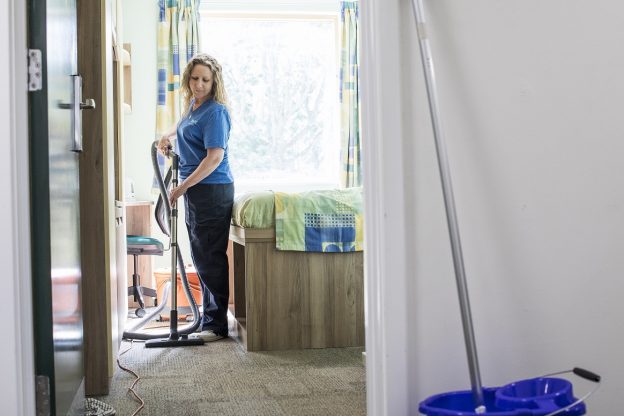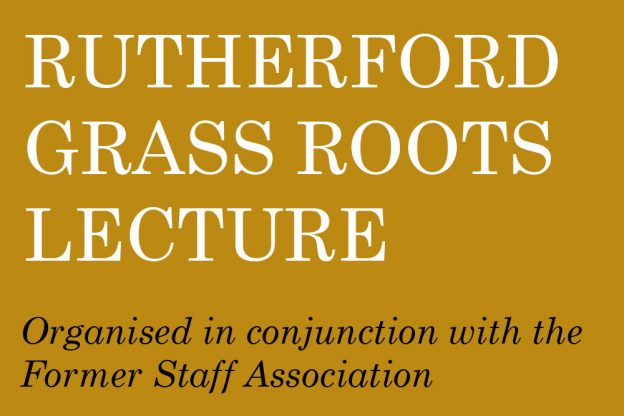We have been advised by Public Health England South East (PHESE) that there has been an increase in cases of suspected mumps associated with our Canterbury campus.
Please read the PHESE letter to staff and students or read on to find out more.
If you think you have mumps or would like to enquire about being vaccinated, please contact your GP. The University Medical Centre can be contacted by phone on 01227 469333.
Out of hours you can call NHS 111 and the University Nursing Service on 01227 823503 or ext 3503. The service is available to all students and staff at the University of Kent (Canterbury Campus) and is staffed by registered nurses 24 hours a day during term time.
What is mumps?
Mumps is a contagious viral infection. Swelling of the parotid glands is the most common symptom of mumps. The parotid glands are a pair of glands responsible for producing saliva. They’re located in the side of the face, just below the ears.
Other symptoms of mumps include headaches, joint pains and a high temperature, which may develop a few days before the swelling of the parotid glands.
The symptoms of mumps usually resolve within one or two weeks.
Complications of mumps include swelling of the ovaries (oophoritis), swelling of the testes (orchitis), viral meningitis and deafness.
How the disease spreads
Mumps is spread in the same way as colds and flu – through infected droplets of saliva that can be inhaled or picked up from surfaces and transferred into the mouth or nose.
A person is most contagious a few days before the symptoms develop and for a few days afterwards.
If you have mumps, you can help prevent it spreading by:
- regularly washing your hands with soap and water
- using and disposing of tissues when you sneeze
- avoiding university or work for at least five days after the onset of swelling
When to see your GP
It’s important to contact your GP if you suspect mumps so a diagnosis can be made. Let your GP know in advance if you’re coming to the surgery, so they can take any necessary precautions to prevent the spread of infection.
Protecting against mumps
The MMR vaccine protects against measles, mumps and rubella. Two doses of the MMR vaccine are needed. If you are not sure whether you have had two doses of the MMR vaccine, please check with your GP. If you have not had two doses of MMR vaccine, please make an appointment with your GP to get vaccinated. Staff can also receive MMR vaccine if not previously vaccinated. There is no upper age limit for receiving MMR vaccine.
Further information on mumps is available on the NHS website.









